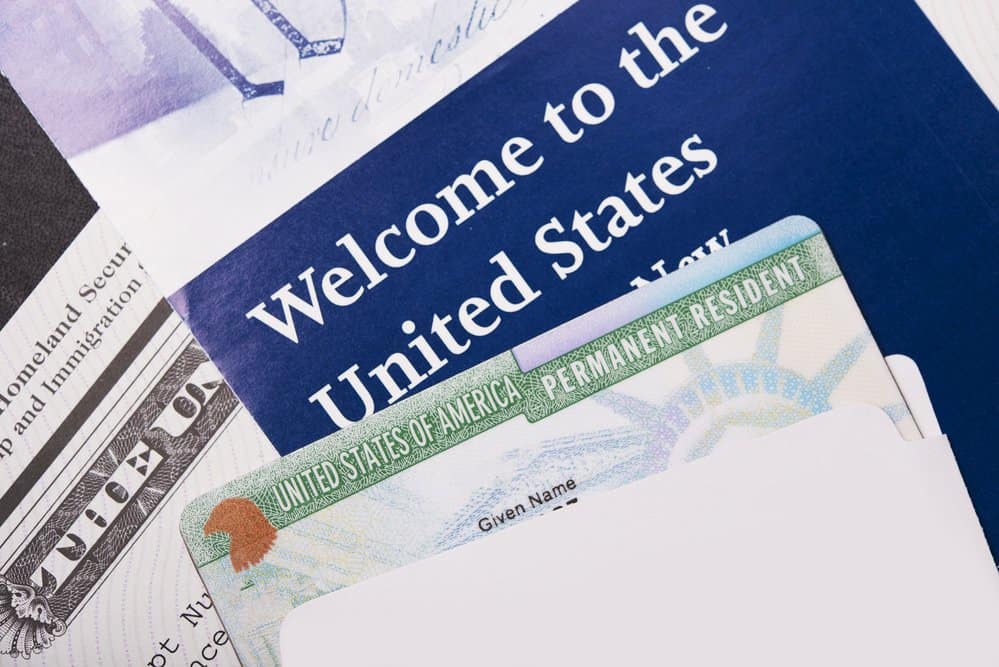China’s tough cybersecurity law goes into effect on June 1, which prohibits Internet service providers (ISPs) from collecting and selling personal information.
Under the law, ISPs are not permitted to collect any personal information from users that is irrelevant to their services. Personal information must be handled in a way that is line with laws and agreements.
The law also states that the government will take steps to “monitor, defend and handle cybersecurity risks and threats originating from within the country or overseas sources, protecting key information infrastructure from attack, intrusion, disturbance and damage.”
Users now have the right to request that ISPs delete their information if their information is abused.
Cybersecurity management organizations are required to protect information obtained and are not permitted to leak or sell information, including commercial secrets and private information.
Anyone who violates the law will face hefty fines. Network operators will be given a warning if in violation of the law. If the necessary action isn’t taken after the warning, network operators and/or users may face a heavy fine between RMB 50,000 and RMB 100,000.
China’s cybersecurity law also bans the use of the Internet to sell prohibited goods or conduct fraud. Users may not use the Internet to incite separatism, endanger national security, support terrorism or incite hatred.
A new regulation requires groups and individuals to get permission before releasing news on social networks and messaging apps.
The aim of the law is to enhance cybersecurity and to punish illegal activities online.
Along with cybersecurity measures, the law also requires drones weighing more than 250 grams to be registered under real names for civil aviation safety purposes.
The law also includes a provision that amends the regulation on farming pesticides, banning the use of highly toxic products on edible crops and limits the use of pesticides.



